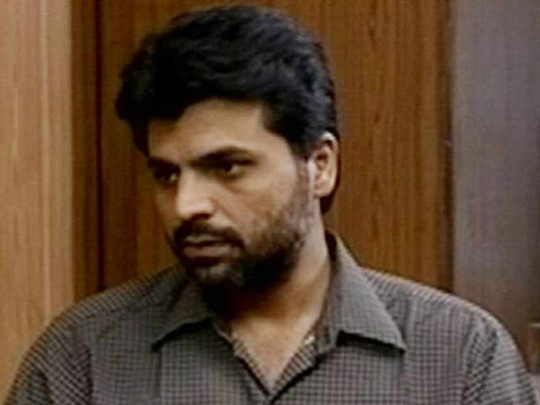
New Delhi: Indian Supreme Court rejected Yakub Memon’s petition and upheld the order for carrying out his death sentence Thursday for his role in 1993 Mumbai blasts, media reports say.
Earlier, the Governor of western Indian state of Maharashtra C Vidyasagar Rao on Wednesday rejected the mercy petition of 1993 Mumbai serial blasts convict Yakub Memon, dashing the last hope he might have had of escaping the gallows.
The Governor's decision on the petition, submitted by Memon on July 21 within hours of the Supreme Court rejecting his curative petition, came immediately after the apex court dismissed his plea seeking stay on his execution slated for Thursday.
A newly constituted three-judge bench of the Supreme Court of India on Wednesday heard afresh the plea of Yakub Abdul Razak Memon, the sole death row convict in 1993 Mumbai blasts case after two judges gave a split order and is expected to pronounce its decision later in the day.
The bench headed by Justice Dipak Misra, before rising for lunch recess, said it will pronounce the order on Wednesday itself, if the counsel for the parties "cooperate". The arguments will continue after the lunch break.
Senior advocate Raju Ramachandran, appearing for Memon, initiated arguments by referring to the separate, divergent orders passed by Justice A R Dave and Justice Kurian Joseph on Tuesday and said that the procedures established by the law have not been followed while deciding the curative petition of the convict.
Ramachandran said, "The judges, who were part of judicial process earlier, must be party to curative petition. It cannot be decided by judges who are strangers to the matters."
He further said that besides the three senior most judges, the curative petition should have been circulated to the judges, if available, who had decided the criminal appeal and the review petition.
Senior advocates T R Andhyarujina and Anand Grover both supported the contention of Ramachandran and said that this death warrant is illegal and can not be executed on Thursday.
Attorney general Mukul Rohatgi, who is presently continuing his argument, said that the court should not forget the fact that it was the first terror attack at the heart of the country that had led to the death of 257 persons and several hundred injured.












